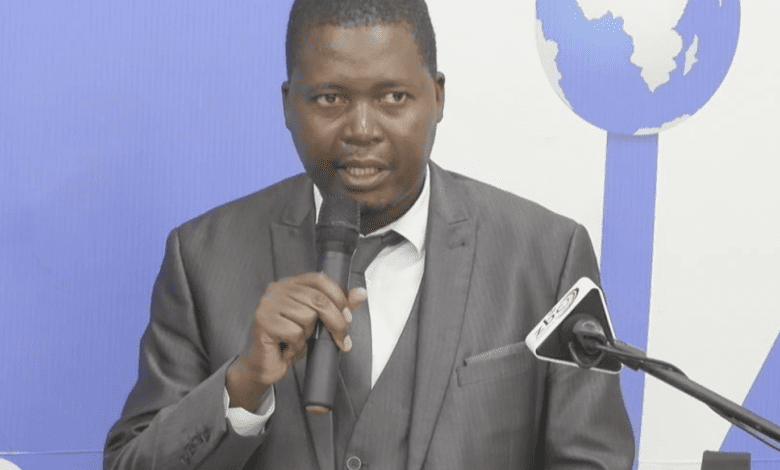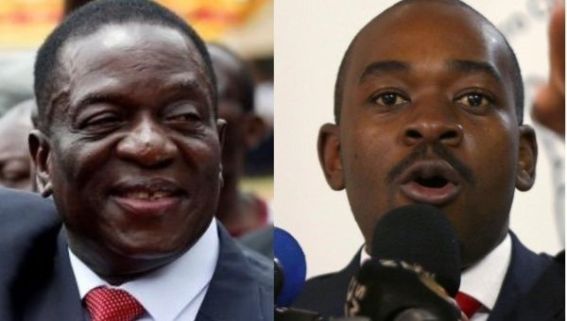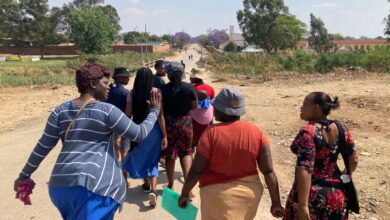MISA Zimbabwe urges media to tackle environmental crisis

The Media Institute of Southern Africa (MISA) Zimbabwe has championed the need for the media to play a crucial role in bringing attention to the urgent need for action to address the country’s environmental and climate crisis.
The call comes as MISA Zimbabwe joins the world in commemorating this year’s World Press Freedom Day under the theme: A Press for the Planet: Journalism in the face of the Environmental Crisis.
Guided by the universal theme, the Chairperson of MISA Zimbabwe, Golden Maunganidze, said the local chapter is running with the localised theme: ‘Positioning the Media to Amplify the Environment Story for a Sustainable Future.’
“This is a call to action on the part of the media and other critical stakeholders to play our part in highlighting the environmental challenges facing the entire world, Zimbabwe included,” he said.
“As highlighted by United Nations Educational, Scientific and Cultural Organisation (UNESCO), the aim of this year’s theme is to highlight the significant role that the press, journalism, access, and dissemination of information play to ensure and secure a sustainable future that respects the rights of individuals and their diversity of voices, as well as gender equality.”
Maunganidze said the media has a critical role to play in drawing attention to the urgent need for action to address the environmental crisis.
“Climate change, deforestation, pollution, and loss of biodiversity are some of the threats facing our planet,” he said, noting that it is through the coverage and investigation of these issues that the media can raise awareness and mitigate the challenges of climate change and environmental degradation for a sustainable future.
“Research has shown that Sub-Saharan Africa is most vulnerable to the effects of climate change. These effects are becoming increasingly evident, with devastating droughts, floods, and food insecurity becoming more frequent.”
The MISA Zimbabwe chairperson said it is vital for the media to prioritise the climate change discourse and draw attention to the unique challenges faced by our communities in that regard.
“Through positioning the media to amplify the environment story we can foster a greater sense of urgency and mobilise action towards a more sustainable future. By focusing on local stories and amplifying the voices of those on the frontlines of the climate crisis, we can bring attention to the specific vulnerabilities and adaptations needed in Zimbabwe and the Southern African region,” Maunganidze said.
Well-researched stories on the environment and clean energy (renewable energy) have immense potential to empower communities to act, and hold decision-makers accountable while advocating for policies that prioritise sustainability and resilience for improved livelihoods, he added.
“On the occasion of this year’s World Press Freedom Day, let us recommit ourselves to resourcing and supporting the essential role of the media in addressing the environmental crisis,” said the MISA Chairperson.
“Let us use our platforms to inform, educate, and inspire action towards a more sustainable future for our planet and future generations. Suffice it to say, the media cannot run this race alone. This is a marathon that needs all hands on deck.”
Maunganidze added: “Together, we can be the media (press) for the planet, driving positive change and contributing to making a difference in the face of the environmental crisis. Let us work together to save the planet and our environment for socio-economic prosperity and improved livelihoods.”






